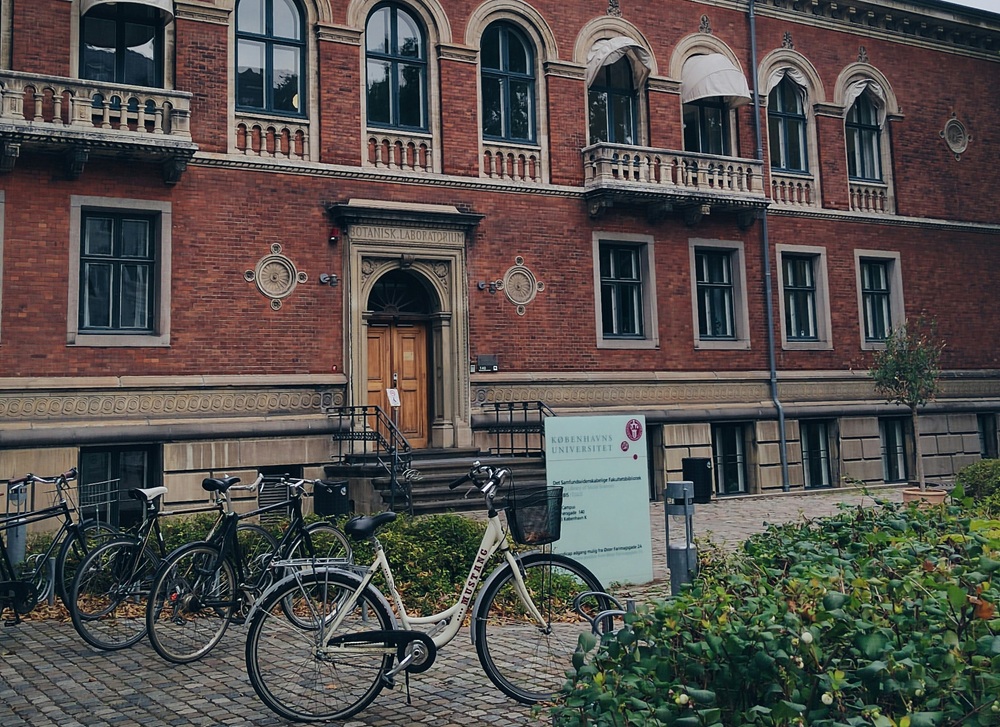The University of Copenhagen has introduced stricter screening measures for researchers, students, and collaborators from China, Russia, and Iran.
Danish intelligence services classify these nations as high-risk for espionage, prompting the university to step up security in response.
The new measures will apply to all faculties, but officials expect the greatest impact on natural sciences and health sciences research.
Deputy director Kim Brinckmann said the rules follow a Danish Security and Intelligence Service assessment on rising global security threats.
Research projects involving critical technologies, such as AI, quantum computing, semiconductors, and space science, will face closer scrutiny.
Potential collaborators will be reviewed if they have lived in a high-risk country, received funding, or published extensively there.
Denmark’s Ministry of Higher Education issued guidelines in 2020 to limit sensitive research sharing with autocratic states, citing espionage risks.
In 2022, the ministry warned foreign actors were exploiting academic openness to gain access to sensitive Danish knowledge and technology.
Aarhus University implemented similar measures last year, blocking partnerships with Iranian universities over concerns about illicit information gathering.
The European Commission has also urged EU countries to assess risks in four key areas: AI, biotechnologies, semiconductors, and quantum.
Brinckmann emphasised the aim is balance, saying some areas must “be more closed” to keep others open to collaboration.
Authorities are also referencing Denmark’s Investment Screening Act, identifying “critical” technologies for further national security oversight.
The policy marks a growing European focus on research security as geopolitical tensions shape academic and technological cooperation strategies.


